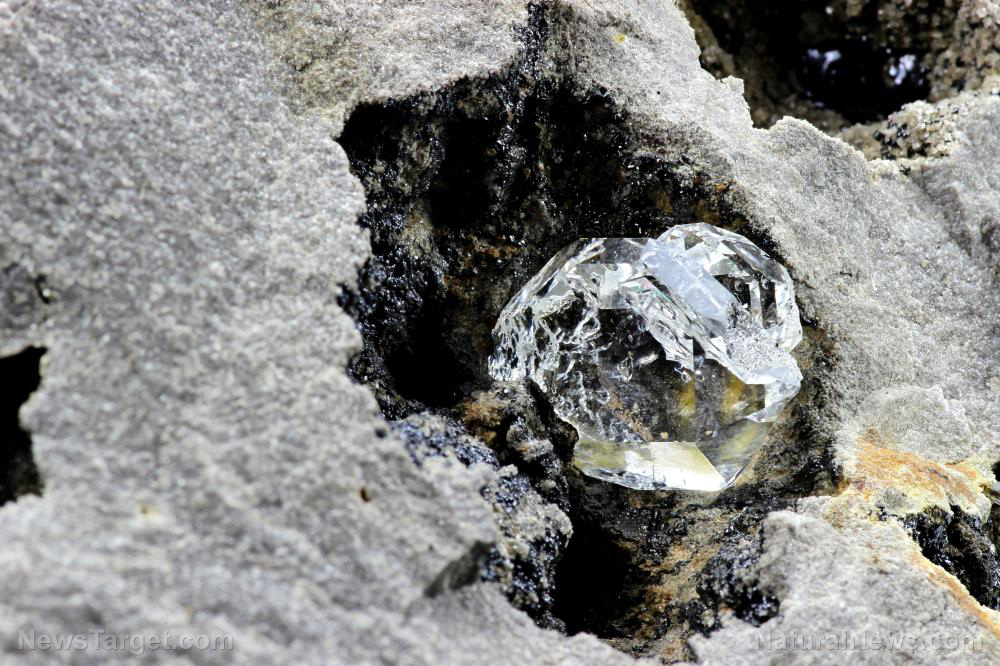
Snowballs – named because of the potential "snowballing" accumulating gains for investors who hold them – are structured derivatives sold in China and Hong Kong that are tied to the performance of certain underlying indexes. They offer dividends to investors in the form of bond-like coupons but only as long as the indexes of the snowballs are tied to stay within certain predetermined ranges.
If the indexes rise above the top of the ranges, then a so-called "knockout" is triggered, and the contracts tied to these indexes are terminated and investors receive coupons for the period to date. If the indexes drop below the bottom of the range, then a "knock-in" occurs, in which the holders receive no coupon and potentially lose at least a part of their investment.
The snowballs usually offered by brokers in China offer annualized returns of between 12 and 20 percent. They are most frequently linked to the two most popular small-cap indexes, the CSI 500 or CSI 1000.
Tens of billions of yuan being lost in snowballs
There is no single level for when knock-ins begin occurring. Partially state-owned brokerage firm China International Capital Corporation previously estimated that levels where most investors would begin losing coupons would be 4,865 points on the CSI 500 and 4,997 on the CSI 1000. Both of these bottom levels were breached this month, and as of press time trading levels remain below the trigger point for many knock-ins to occur. (Related: Chinese shadow banking giant Zhongzhi Capital declares bankruptcy due to inability to pay off $64 BILLION in debt… ripple effect to follow.)
Investment firm Guotai Junan Futures earlier this month estimated that there was a combined 30 billion yuan ($4.23 billion) worth of snowballs on the CSI 500 with knock-ins beginning at around 4,845 and on the CSI 1000 at 5,200 – far above what the latter is currently trading at.
The worst is far from over for Chinese stock market, with analysts at the Bank of America – who blame the snowballs as one of the main reasons for the stock market drops – estimating a further six to seven percent decline in the CSI 500 or CSI 1000, which are likely to trigger another round of knock-ins.
One retail investor, who spoke with Reuters under the pseudonym "Mr. Shi," said he invested at least a million yuan ($141,000) in snowballs tied to the CSI 1000 index and just recently discovered that his products had hit the knock-in level on Monday, Jan. 22.
When he bought the two-year products in early 2023, he was expecting to earn a return of at least eight percent annually. But now, unless the index rises above the 7,000 point-level within a year – a more than 40 percent rise from current levels – he will earn no coupon and also lose a big portion of his principal investment.
While investors like Mr. Shi are holding on and hoping for a resurgence in the CSI 1000, others are selling stock index futures now to hedge their exposure to future dips in the stock market. Futures contracts on the CSI 1000 due in September fell by the daily maximum limit of 10 percent on Monday to levels below eight percent, where the index was initially trading that day.
Futures contracts tied to CSI 1000 due in February saw turnover spike to 93 billion yuan ($13.12 billion) on Monday. For comparison, the average daily turnover for the past month was 13 billion yuan ($1.83 billion).
The Chinese government itself is not doing much to counteract the plunge in snowball indexes, as Beijing is more focused on coming up with a way to intervene to stop a $6 trillion stock market meltdown.
Instead, all China's main securities industry regulator has done is ask firms to ensure that their snowball products are sold only to qualified investors and that they fully disclose the relevant risks involved with investing in these volatile funds. The Asset Management Association of China, one of the main self-regulatory associations that polices the sector, has also capped how much a company can invest in snowball products at 25 percent of a company's total assets.
Watch this clip from "China in Focus" as host Tiffany Meier reports on the large declines being seen out of the Chinese and Hong Kong stock markets.
This video is from the Pool Pharmacy channel on Brighteon.com.
More related stories:
War between the U.S. and China over Taiwan could cost the global economy a staggering $10 TRILLION.
China's ban on rare earth minerals export rattles the world tech industry.
Made in CHINA: CCP intensifies humanoid robot production to retain manufacturing dominance.
Economist predicts 2024 will bring "biggest crash of our lifetime" to U.S. markets.
Sources include:
Please contact us for more information.




















